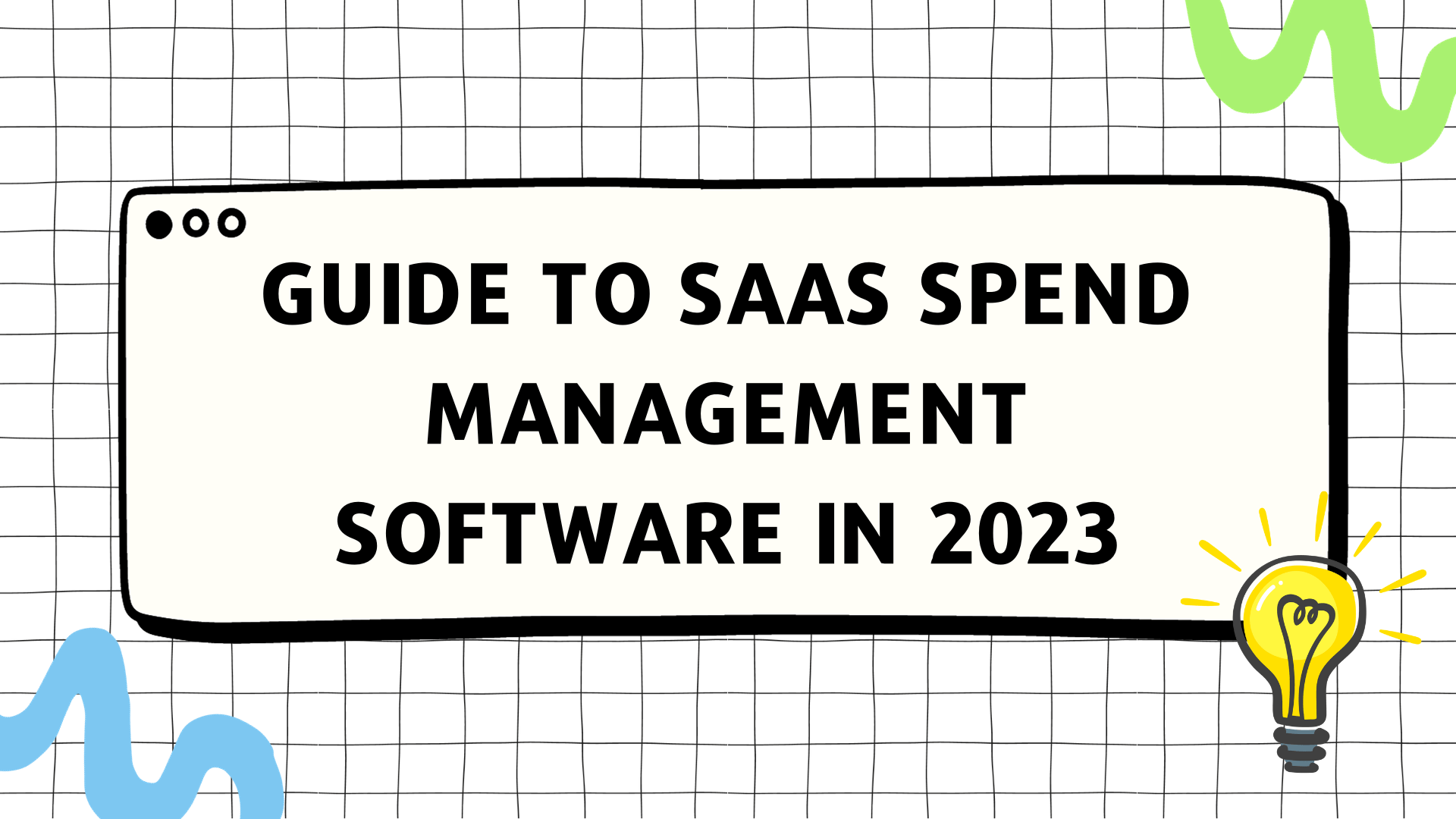ProofHub is a leading cloud-based project management and collaboration software designed with features to simplify the way teams in different industries run, communicate on, track and report on projects.
Currently, 85,000+ teams and businesses worldwide use ProofHub to plan, collaborate, organize and deliver their projects on time, and within budget.
Founded in 2022, by Sandeep Kashyap, ProofHub hit $2M in Revenue with 85K customers in 2022.
At SpotSaaS, we invited Vartika Kashyap, the CMO at ProofHub & has been associated with ProofHub for over 11 years, for our latest series #SaaSTalks.
Let’s deep dive into the marketing strategies of ProofHub and understand more about their business marketing model through a series of questions that Vartika Kashyap answered for us!
1- How has your journey into the world of SaaS marketing been so far?
The journey thus far has been incredible and fulfilling. I’ve been involved in ProofHub since its inception. You could say that I grew alongside the product. I’ve discovered numerous marketing methods (specifically organic) and learnt how to use them successfully. In the last decade or so, my marketing skills have grown as the corporate landscape has altered, new technologies have appeared, and customer expectations have shifted.
Watch What ProofHub Does & How:
2- How does online/digital marketing today support your marketing goals at ProofHub?
Now, more than ever, digital marketing is imperative. Our company, ProofHub, is reliant on organic digital marketing, which requires patience and consistent effort. Increased brand exposure and audience connection are the primary objectives of organic marketing, which are in line with ProofHub’s overarching marketing goals. We accomplish this by:
- Reaching the right audience through SEO and content marketing.
- Motivating them to act using social media
- Converting the prospect by creating BOFU landing pages
- Engaging them for a longer time through remarketing
3- From 2011 to 2022, how have you observed marketing evolve- in general, & in the SaaS industry also?
Over the last decade, the digital marketing sector has struggled to keep up with the ever-changing nature of technology and how people are evolving in response to it.
Let’s look at a few cases where marketing made a 180-degree turn:
Social Media
Social media was mostly used to stay in touch with friends and family ten years ago. Jump forward ten years, and social media has evolved into a platform where the average person can become an influencer and earn money by endorsing any product or service to their followers.
The growth of Search Engine Optimization
The way SEO was conducted only a decade ago was entirely different from how it is done today. Things took a different turn when Google officially identified Black Hat SEO strategies with the Panda update in 2011. Content-driven SEO has become the norm, with businesses competing for Google’s top ranks by publishing the finest content.
Gen Z and Mobile-First
After implementing mobile-friendly improvements, Google began to rank websites that provide a well-balanced UX for mobile consumers. It’s true that Generation Z was raised with a focus on mobile devices. This emphasizes the value of personalisation and the use of data-dependent smart gadgets.
4- What parameters do you track to analyze the results of marketing at ProofHub?
The following are the key parameters we take into account while analyzing ProofHub’s marketing results:
- Landing page Conversion rate
- Churn rate
- Customer lifetime value
- Traffic to lead rate
- Social media traffic rate
5- Which 3 software do you use at your workplace & why?
First off, we utilize ProofHub for team collaboration and daily work management. In addition, we utilize Canva for design and Ahrefs tool to gather marketing insights.
6-Which major marketing channels do you use at ProofHub?
The primary B2B SaaS marketing channels we use to boost sales and user engagement are as follow:
- Our own blog
- Social media
- Survey and questionnaire
- Content marketing
- Guest Posts
- Youtube
- User-generated content
7- Any recommendations from your learnings to new marketing teams & CMOs in the SaaS industry?
There are a lot of things I have learnt so far about SaaS marketing, but I want to emphasize one because it is the cornerstone of any organic marketing plan for a SaaS product-based company.
Integrate Content with Effective SEO
By writing posts that are optimized for the keywords they used in their search, you may provide potential customers with the answers to topics they are actively looking for. Matching search intent is the term for this tactic.
Content marketing is a powerful SaaS lead creation technique when used with SEO. Even one piece of content can produce hundreds of leads if you know how to satisfy your buyer persona’s informational needs and link those needs to your business objectives.
Conclusion:
ProofHub is reliant on organic digital marketing for achieving marketing goals through channels like Organic SEO, Social Media, remarketing etc.
With social media now becoming a money-making business for influencers & content-driven SEO becoming the norm, an organic & digitally-led marketing strategy will help brands grow- said Vartika Kashyap, CMO ProofHub
SpotSaaS Listing Of ProofHub: www.spotsaas.com/product/proofhub/
Key Takeaway 1: A well-balanced UX for mobile consumers is imperative in today’s time.
Key Takeaway 2: Focus on organic digital marketing is imperative, which requires patience and consistent effort.
Key Takeaway 3: Content marketing is a powerful SaaS lead creation technique when used with SEO.
Vartika Kashyap
CMO- ProofHub
Read More Blogs By SpotSaaS




